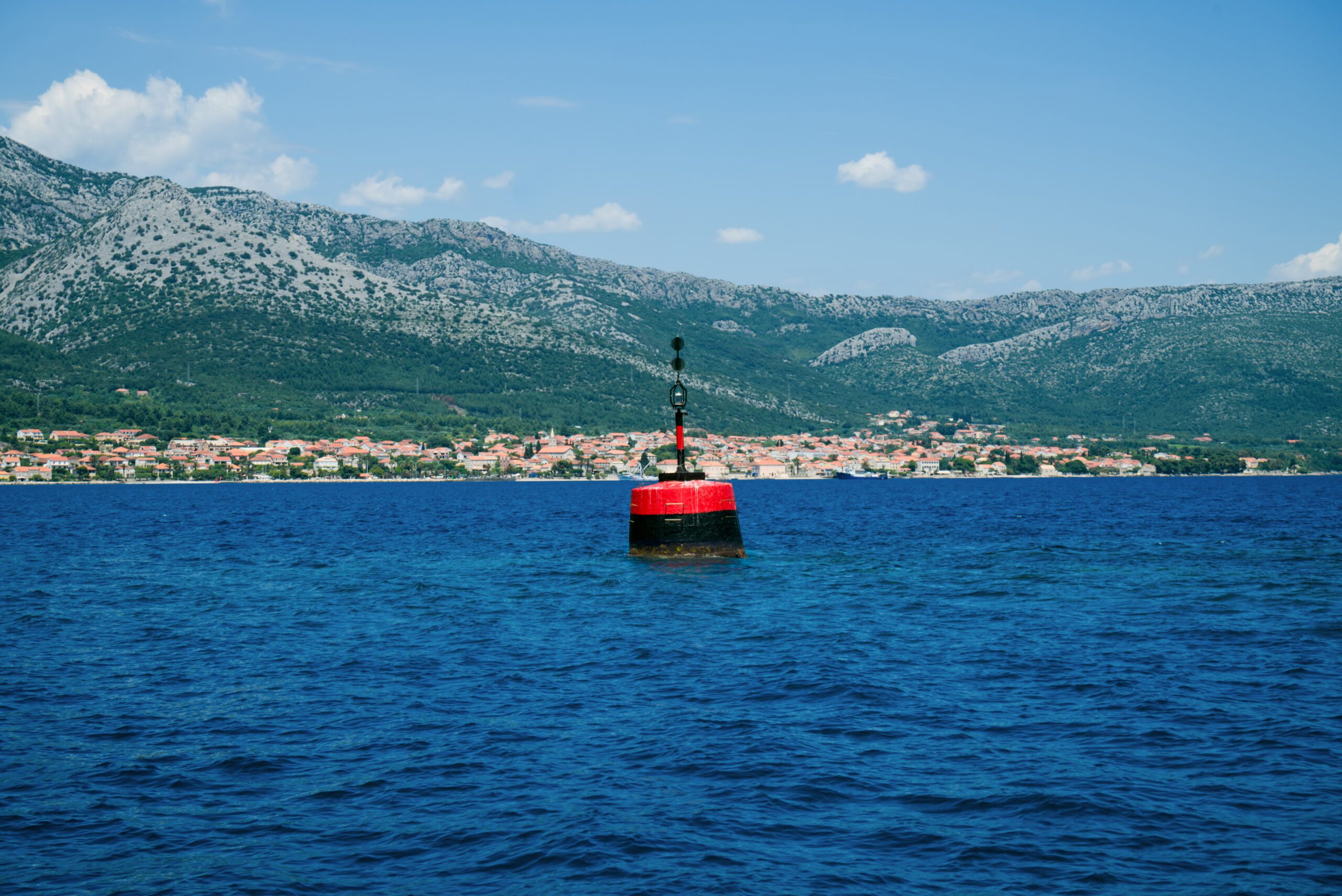
The International Regulations for Preventing Collisions at Sea, known as COLEREGs, are a body of rules proffered by the International Maritime Organization with the goal of creating “rules of the road” for avoiding maritime collisions. The idea is that if ships and other sea vessels follow the COLEREGs rules, then sea collisions will be significantly reduced.
However, when dealing with a race, there may be a conflict between COLREG regulations and the running of the race. If someone is out at sea and there is a race approaching, who has the right of way? What to do about the COLREG regulations?
Racing Rules
Imagine a person can be out in the water sailing a boat on a leisurely Saturday afternoon in August. He is just enjoying the weather and the calmness of a day off from work. While out at sea, there is a race approaching him. It is a group of local colleges racing against each other. What are the obligations of the man out on his boat? What are the obligations of the college teams racing their boats?
Clearly, the basic COLREG rules are unlikely to be applicable to boat races. Strategically, boats overtake other boats and make it difficult for the trailing boat to catch up to the lead boat. What is more, international yacht racing like the America’s Cup, with its high level of intensity and international drama, is also likely not to be subject to COLREGs. For boat racing, the applicable law is the Racing Rules.
Compare and Contrast with COLREGs
With the understanding that COLREGs cannot be applicable to boat races, the Racing Rules were drafted. There are, however, numerous overlapping rules. For instance, boats on port tack must give way for boats on starboard tack. In sailing, tacking is turning the bow of the boat toward the wind with the blowing wind across the sails, as opposed to into the sails, changing the direction of the boat. When two sailboats are tacking and are in close proximity, the boat with the wind on its left side (facing front) gives way; the boat with the wind blowing at its right side has the right of way. The term “starboard” if from the Old English expression that refers to the side of the boat that had the steering wheel.
There are differences between COLREGs and the Racing Rules, as well. For example, rule 17 states: “Where one of two vessels is to keep out of the way, the other shall keep her course and speed.” Note that this is only applicable if the first boat stays its course. If, however, the other boat does not stay its course, then this rule is not applicable. In contrast, the Racing Rules make no such requirement.
Are you involved in the maritime business? You need representation from a law firm that understands how your business operates. Contact the Kolodny Law Firm, experienced and knowledgeable maritime attorneys.

